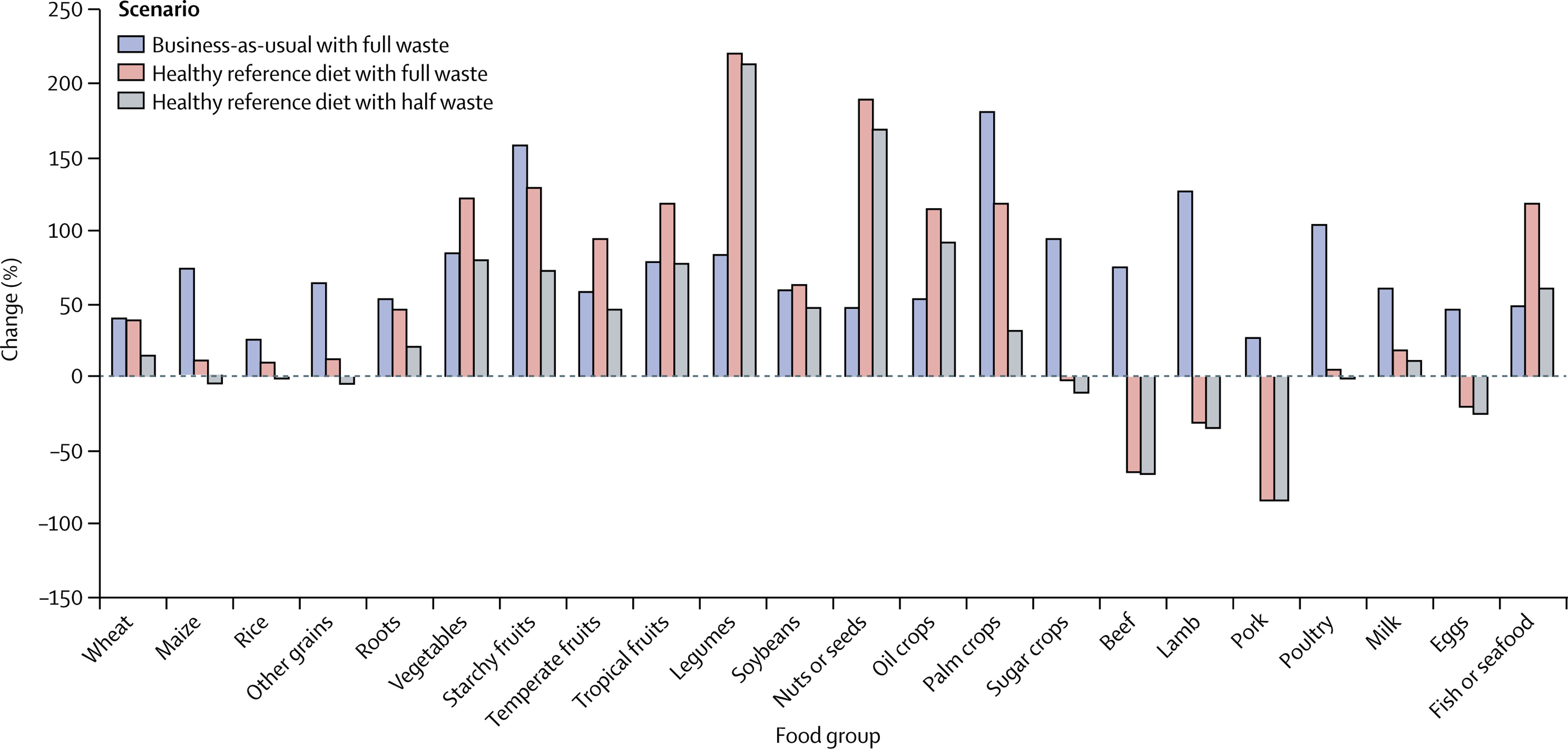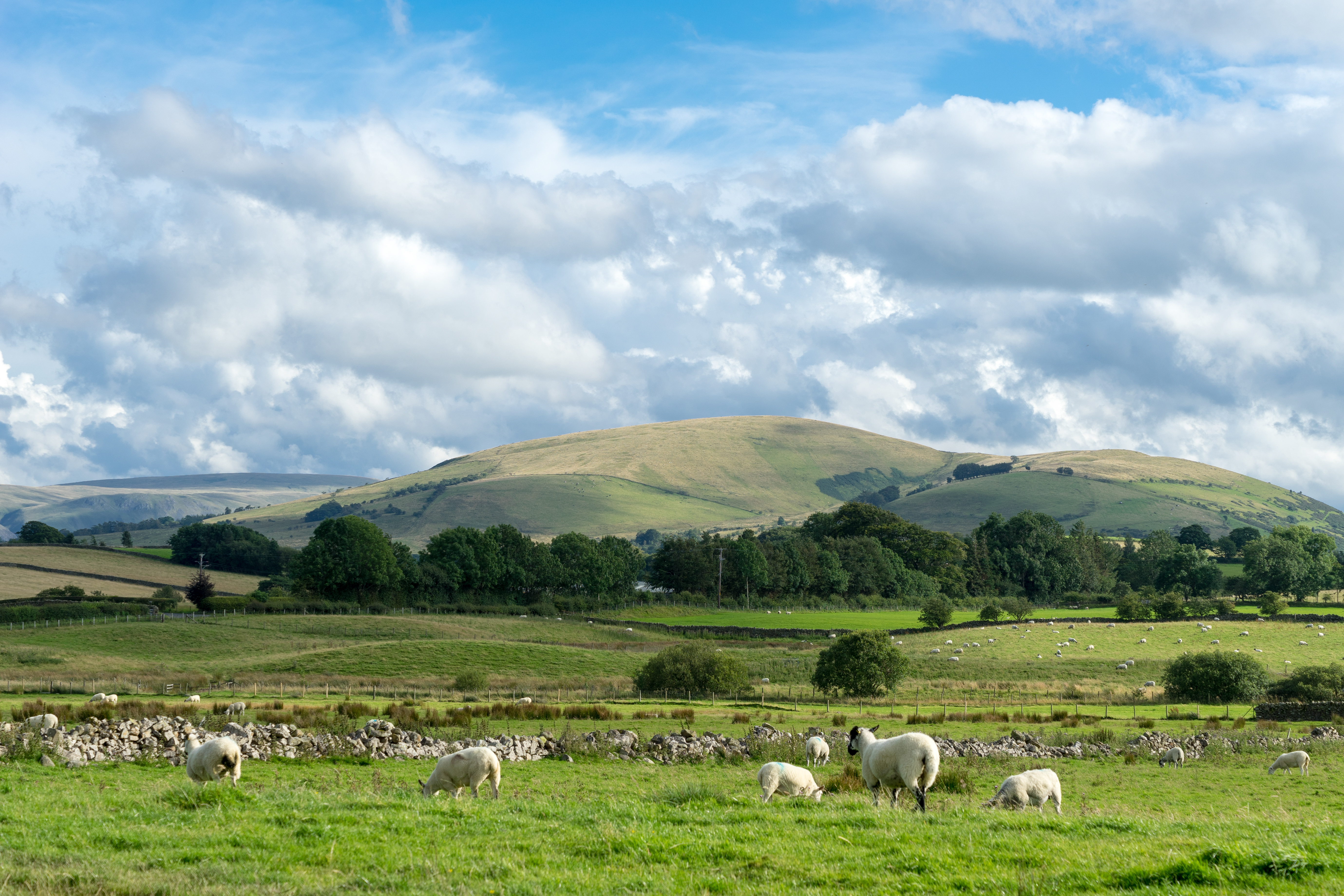



The planet-saving diet: British industry responds
UK – The EAT-Lancet Commission published a report on 16 January 2019 detailing the ways in which our present food systems are contributing to the decline of both human and planetary healthThe case in brief
“Food systems have the potential to nurture human health and support environmental sustainability; however, they are currently threatening both,” said the report, citing in particular methane gas emissions from cows and sheep which it claimed contribute to the acceleration of climate change. The report went on to describe "lose-lose" diets which damage both the environment and our health, and which include high amounts of red meats, saturated fats, processed foods and sugars.
According to EAT-Lancet, a global paradigm shift is required to slow disease and mortality and to preserve planetary health. Grain production would change minimally from 2010 figures, the organisation explained, but beef, pork and lamb production would decrease significantly.
Poultry and egg production, however, would change minimally.
Substantial changes described also include a significant increase in the production of fruits, vegetables, legumes, nuts, soybeans, oil crops and fish.

In addition to changing global food production systems, EAT-Lancet proposed a healthy diet which ought to be adopted by the world's population to halve food waste by 2050 and improve the health of all. Key factors driving the proposed diet include the preservation of water, preventing species extinction, halting the expansion of farmland and minimising greenhouse gas emissions.
The response so far
In a news release from the National Farmers' Union (NFU), Vice President Stuart Roberts said, "It is vitally important that a wide-ranging, global report like this is looked at through a local lens. There are significant differences in farming methods and consumption patterns across the globe and it is important we recognise that the British livestock industry is one of the most efficient and sustainable in the world.
“For example, 65 percent of UK farmland is highly suitable for grass production over other crops, so the UK is well placed to produce food from sustainable livestock grazing systems. Also, grassland is a very good store of carbon, helping to mitigate the effects of climate change.
“Scientific communities agree that red meat plays a vital role in a healthy, balanced diet as a rich source of essential nutrients, minerals, amino acids and protein. It is overly simplistic to target one food group for a significant reduction in consumption and it ignores its medically accepted role as a key part of a healthy, balanced diet.
“It is clear that climate change is one of the greatest challenges of our time and British farmers are continuing to take action. A combination of policies and practises will be needed to enable farmers to meet their ambitions but we must not forget the impact of a changing climate on food production – we only have to look back to the drought last year to see the effect it can have."

The British Meat Processors Association (BMPA) said, "On the health side of the equation... we must be careful when drawing conclusions on which to base policy decisions. The conclusions of the EAT-Lancet report on the health impact of processed meat products are based once more on inadequate evidence, as well as on the extrapolation of data to causal interpretations, without taking into account that obesity and non-communicable diseases are multifactorial matters. Maintaining a balanced diet and regular exercise is important for all individuals and can make the difference.
"While we at BMPA advocate a balanced diet that includes animal protein, our main aim is to ensure that the debate remains balanced and that basic, scientifically proven facts from both sides of the fence are given due consideration by both Governments and consumers alike."
The AHDB said, “The real danger of this report is that, because it is so well backed financially and is being launched across the globe with little acknowledgment of regional differences, it will be taken at face value by people in the UK who may then put their health at risk and even worsen their personal carbon footprint”.
“Production of food should be matched to where on the planet it is most sustainable. Red meat and dairy are produced very sustainably in the UK and should continue to form part of a healthy balanced diet for our growing population.”
To balance the views proposed in the EAT-Lancet report, the Animal Agriculture Alliance has published its own findings for those in the meat industry to view.










